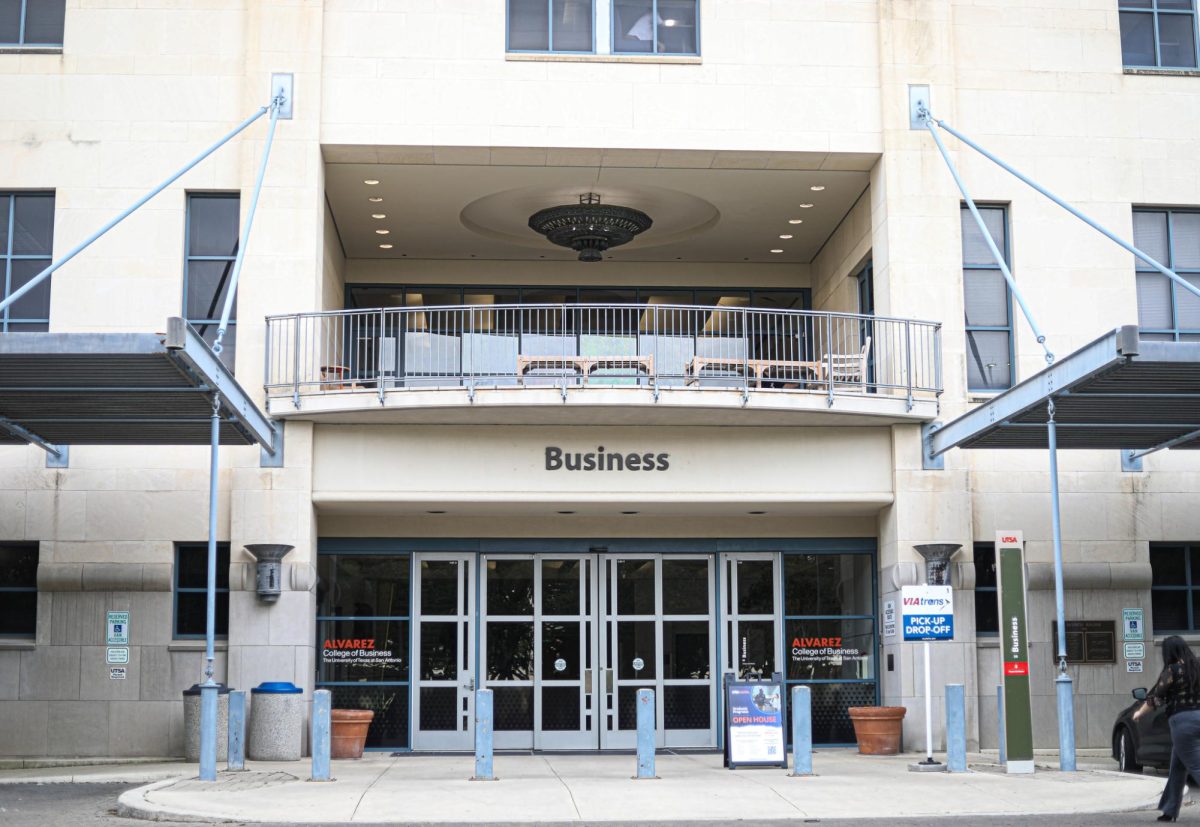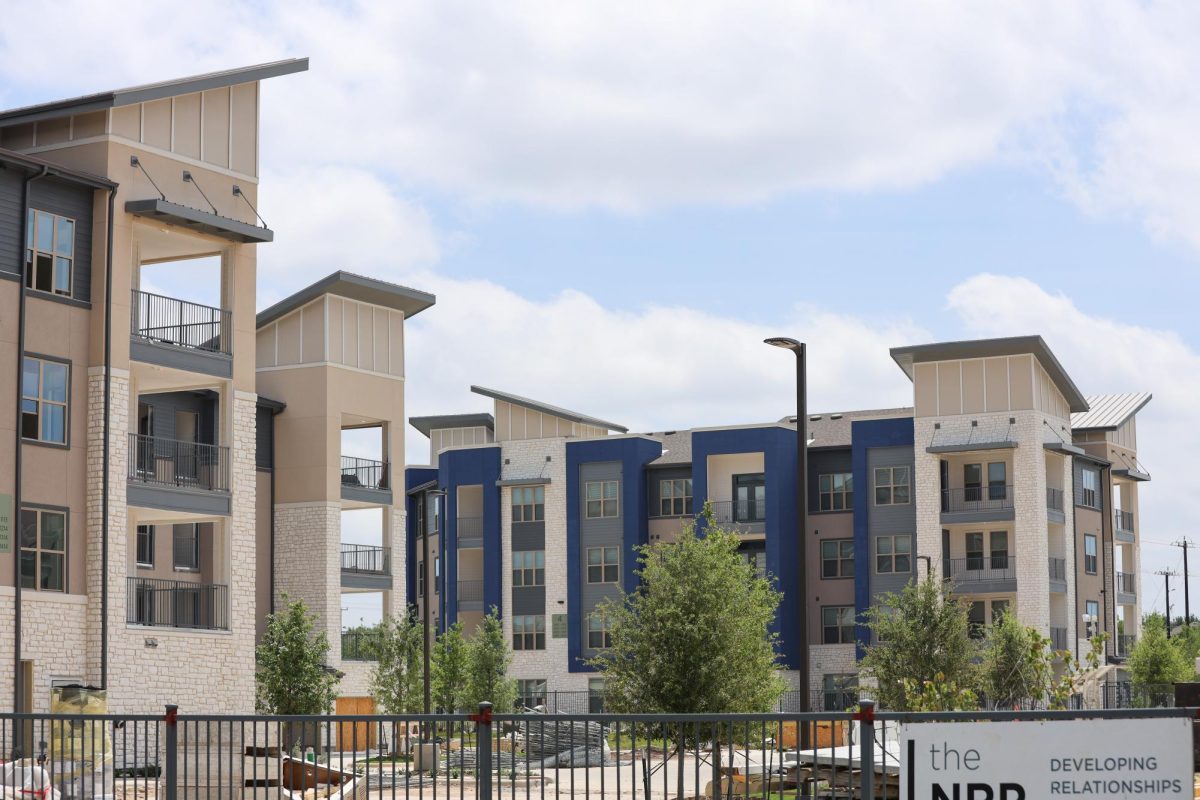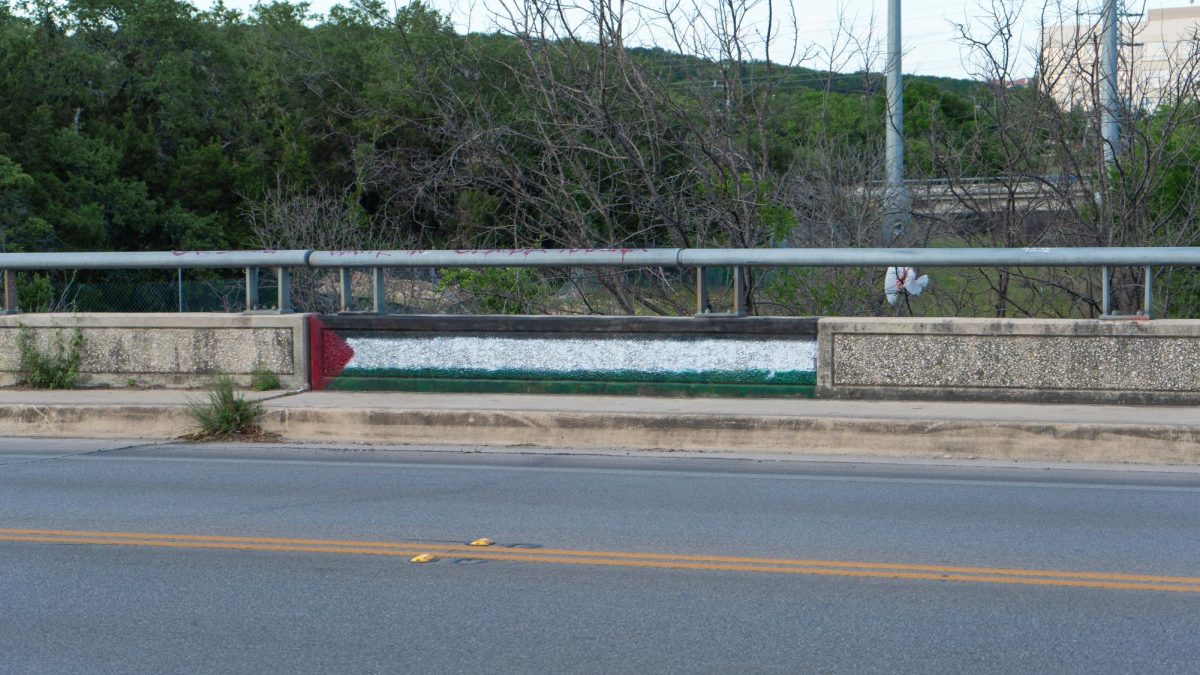On Jan. 24, Michael Burns, a graduate student and business instructor at UTSA since 2005, reportedly stole close to $3,000 worth of audio equipment from the Business Building’s Liu Auditorium. According to officials, Burns admitted to the theft after being caught on a campus video camera.
This is only one example of the thefts committed recently by university faculty and staff, both at UTSA and across the nation. Only a month prior to the Liu incident, a tenured professor at University of Maryland – Baltimore County, Francis Nunoo-Quarcoo, confessed to stealing $10,000 from the university.
A similar theft was also uncovered at Purdue University only a week ago. Two tenured faculty members were discovered to have been misappropriating funds during a 2010 university audit. Though specific amounts were not disclosed by university officials, they did admit that at least one of the professors involved had been siphoning university funds for 10 years prior, at the time of discovery.
What is most disturbing about these thefts is the employees committing them. They are not new-comers to their respective universities; they are employees who have been with the university for years. In Burns’ case, not only had he been working for UTSA for five years prior to the incident, but he also received the Ambassadors’ Amber Award – an award reserved only for those who “[have] a positive influence on student’s educational experience,” according to Burns’ online CV.
An employee in the College of Business, who requested to remain anonymous, said that “Burns was one of the most requested instructors in the business department. The students loved him.” A quick look at his profile on RateMyProfessors.com confirms this. Burns received a 4.6 out of 5 on his overall quality, far outranking the overall UTSA campus rating of just 3.45.
With the amount of trust that students give their instructors, actions such as these could potentially have significant negative effects on a student, especially if the professor was someone they admired or looked up to.
Jackie Lewis, a sophomore double majoring in English and psychology, had this to say:
I’ve gotten to know some of my professors, and I’ve put a lot of trust in them. I trust what they tell me and I would like to think that they deserve that trust. If they break that trust [like Burns did], I think I’d have a hard time trusting other faculty members [in the future].
This incident has raised questions about university security.
Asia Kopp, a junior in education, feels like more could be done to keep university investments safe. “I think there’s more they could do. I think they need more security cameras… or at least an alarm system to [alert officials] if someone takes something.”
Lewis agreed with there being a need for added security, though insisted that any security improvements should not come at the cost of education.
I think they need more security cameras… or at least an alarm system to [alert officials] if someone takes something.”











